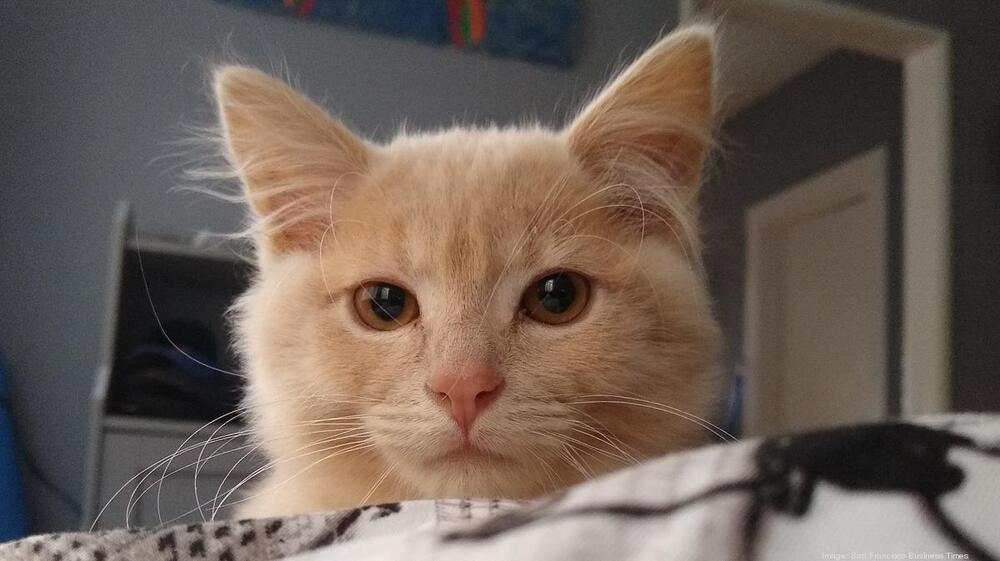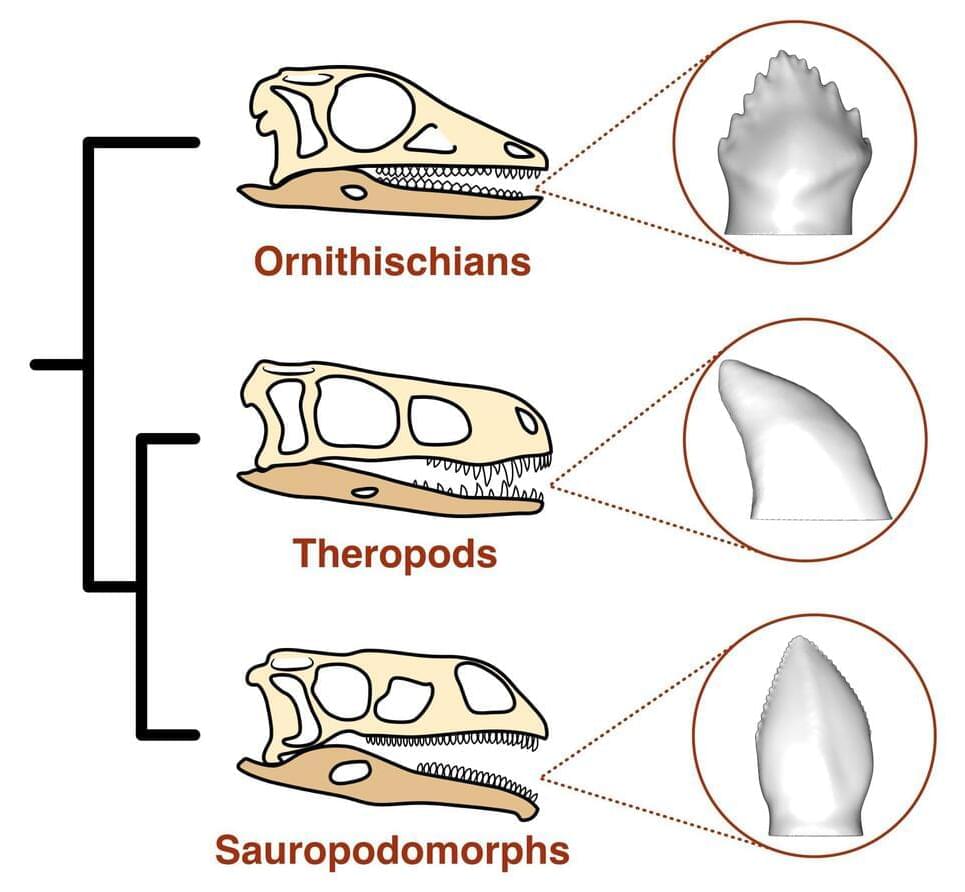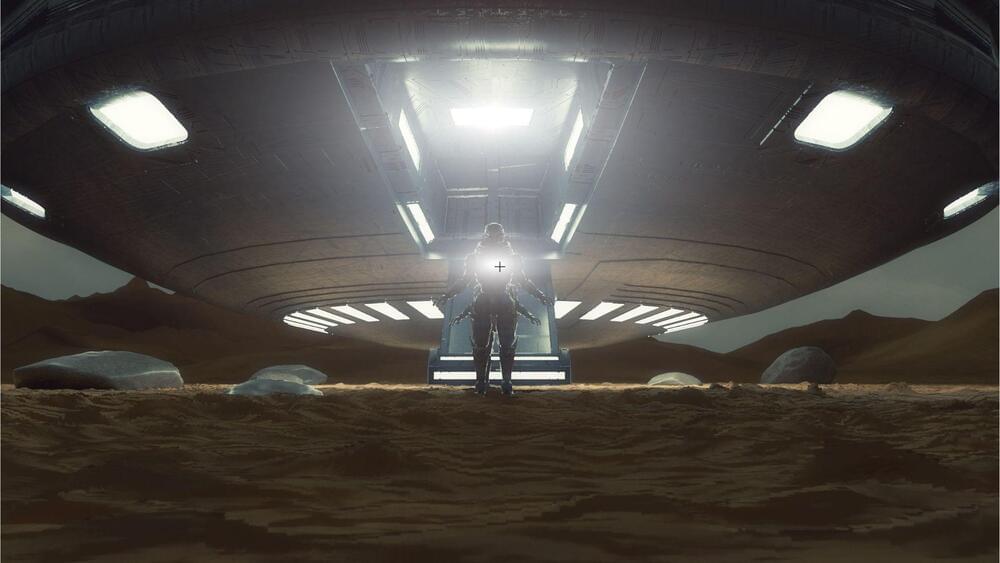Forged 66 million years ago, an enormous impact crater near Chixculub, Mexico, was left undiscovered until only a few short decades ago. But what caused it?
Millions of years ago, a dramatic mass extinction wiped out the dinosaurs.
Marking the transition between the Mesozoic and Cenozoic eras (which we are still in), it was one of the most significant events in Earth’s history. The cause? Perhaps a giant asteroid hit Chixculub near modern-day Yucatan, Mexico.
Sixty-six million years ago, something from the very edge of our solar system completed its unlikely journey into the inner planets.
Aunt_Spray/iStock.






